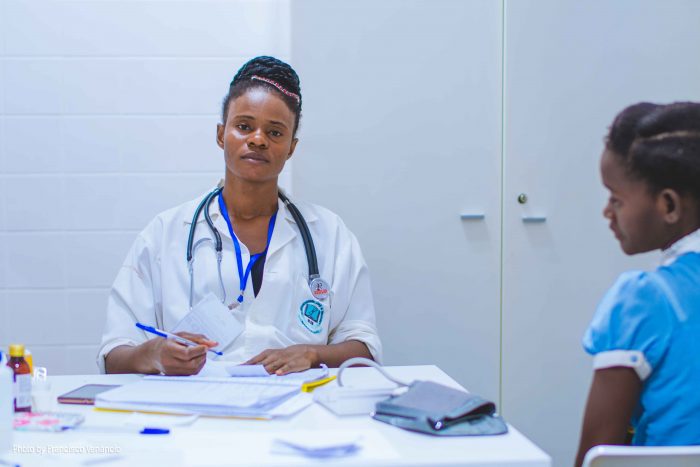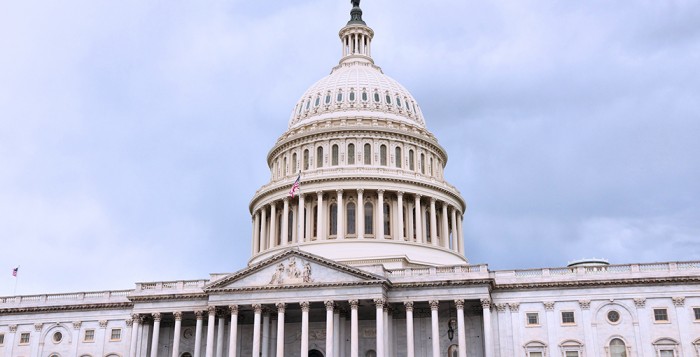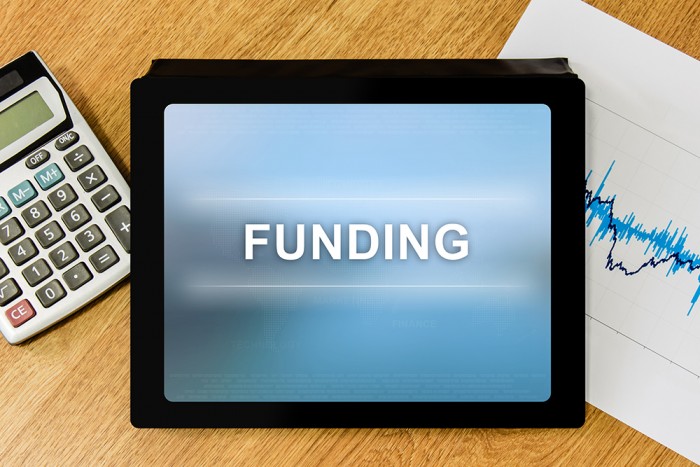Funding
Revised One-Pager Released for Brain Injury Funding & Advocacy Efforts
Pittsburgh Advances $1M Pilot Program to Bring Recovery Specialists to Overdose Victims
Funding Opportunity! RFA Announcement for Community to Home Program
The PA Department of Health (PA DOH), Bureau of Family Health is excited to announce a funding opportunity for community-based, non-profit organizations! From October 17, 2023, through December 19, 2023, PA DOH will be soliciting applications for the Community to Home (C2H) program.
The C2H program improves the health of children and youth with special health care needs (CYSHCN) by assisting them, along with their families, to access the services and supports required to thrive in the community and develop to their full potential. C2H assists CYSHCN and their families to navigate systems and identify resources in order to receive services while empowering them to become strong advocates and self-reliant.
The flyer has more information about the C2H program, and the Request for Applications (RFA) can be found on the PA eMarketplace. If you have questions or need additional information, please send them via email or call 717-772-2763.
PA House Fiscal Code Updates Announced
The PA House of Representatives passed HB 1300 (Fiscal Code) by a vote of 121-82. The Fiscal Code contains language appropriating the $100 million for mental health funding, which follows the recommendations of the Behavioral Health Commission’s recommendations. The Fiscal Code also provides another $34.5 million to expand mental health services, $34 million for workforce initiatives, and over $30 million for criminal justice and public safety.
The House also passed HB 1456, a general appropriations bill. HB 1456 passed by a vote of 115-88. The bill provided new monies of $50 million towards intellectual disabilities and direct support professional (DSP) workforce retention. The bill would also fund $642 million for Penn State University, the University of Pittsburgh (Pitt), and Temple University. While there is good news for the IDD providers in regards to additional workforce funding, the bill was challenged by House Republicans because the Penn State, Pitt, and Temple funding requires a two-thirds (supermajority) vote, which was why the colleges were not funded back in June.
This week, the House also passed a tax code bill and a school code bill.
Despite the flurry of legislative activity on the code bills in the House, the code bills will not have to go to the Senate for a concurrence vote. The code bills passed by the House contain new spending (i.e. IDD workforce retention), and the new spending was not negotiated with the Senate; therefore, the expectation is that because there is not a deal between the House and the Senate on the new spending, the Senate will not concur on the code bills.
The Senate will return to session on Monday, October 16.
$19M Loan Forgiveness Not Enough to Rebuild Recovery Workforce: RCPA SUD Treatment Services Director Jason Snyder Quoted

Senator Casey to Introduce HCBS Funding Bill
Pennsylvania Senator Bob Casey, the Chairman of the Special Committee on Aging, will be introducing new legislation on the floor of Senate titled “The Home and Community-Based Services (HCBS) Relief Act of 2023.”
The HCBS Relief Act of 2023 would provide dedicated Medicaid funds to states for two years to stabilize their HCBS service delivery networks, recruit and retain HCBS direct care workers, and meet the long-term service and support needs of people eligible for Medicaid home and community-based services. States would receive a 10-point increase in the federal match (FMAP) for Medicaid for two fiscal years to enhance HCBS. Funds could be used to increase direct care worker pay, provide benefits such as paid family leave or sick leave, and pay for transportation expenses to and from the homes of those being served. The additional funds also can be used to support family caregivers, pay for recruitment and training of additional direct care workers, and pay for technology to facilitate services. The funds can help decrease or eliminate the waiting lists for HCBS in the states.
The HCBS Relief Act of 2023 will be introduced during the fourth week of October with a House companion bill expected to be released in the near future. Please join RCPA in supporting this critical piece of legislation to create a viable and sustainable pathway for HCBS.
If you have any questions, please contact your respective RCPA Policy Director.
Important Clarification From ODP Regarding Expansion and Recovery Funds
The Office of Developmental Programs (ODP) has clarified that providers of Small Group Employment and Benefits Counseling are eligible for the previously-announced Expansion and Recovery Funds. Originally, providers were told these services were not eligible for the funding. Providers who have already submitted their application may want to consider sending an additional request if they did not include small group employment.
You can view the original announcement here. Eligible providers who are interested in receiving these supplemental payments must complete the application and submit it to Rick Smith by September 30, 2023.
Reminder: Targeted Service Recovery and Expansion Supplemental Payments Application Due Sept. 30
This is a reminder that the Office of Developmental Programs (ODP) shared an announcement that provides eligible providers with the application to receive supplemental funds as part of the ongoing systemic recovery of services for people with an intellectual disability and autism. You can view the announcement here. Eligible providers who are interested in receiving these supplemental payments must complete the application and submit it to Rick Smith by September 30, 2023.
ODP Announces Targeted Service Recovery and Expansion Supplemental Payments
The Office of Developmental Programs (ODP) has shared a recent announcement that provides eligible providers with the application to receive supplemental funds as part of the ongoing systemic recovery of services for people with an intellectual disability and autism. You can view the announcement here. Eligible providers who are interested in receiving these supplemental payments must complete the application and submit it to Rick Smith by September 30, 2023.
















